You know what's fascinating? Samsung's been quietly perfecting DeX since 2017. You might have written it off as a nice-to-have that never quite delivered. Then it cracked the code. The Galaxy Z Flip 7 is the first clamshell (Flip) foldable in Samsung's lineup to support Samsung DeX, signalling an important shift.
Samsung is surfacing DeX more broadly across recent phones, tablets, and foldables via One UI 8 (Android 16). And here is the real breakthrough that makes the expansion matter: Samsung reimagined DeX around tablets as the natural sweet spot, exactly the strategic pivot this platform needed.
Where Samsung DeX goes from here
Samsung's tablet-centric vision makes DeX feel essential by solving the portability versus functionality trade-off. No dongles roulette, no cable wrangling, your workspace travels with you and expands when you have room. One UI 8 (Android 16) moves Samsung's DeX onto Android 16's native Desktop Mode, which may widen app support and developer attention.
If you are ready to lean into mobile-first work, Samsung's refined tablet experience is a compelling alternative to a laptop. It is not trying to copy a clamshell anymore. It is tailoring the experience to how we actually work in 2025. The result feels like the seamless setup Samsung envisioned since 2017, backed by tablet hardware that handles desktop-class tasks and software shaped by real use.
A tablet-first DeX is the right move, a shift from impressive demo to indispensable tool.







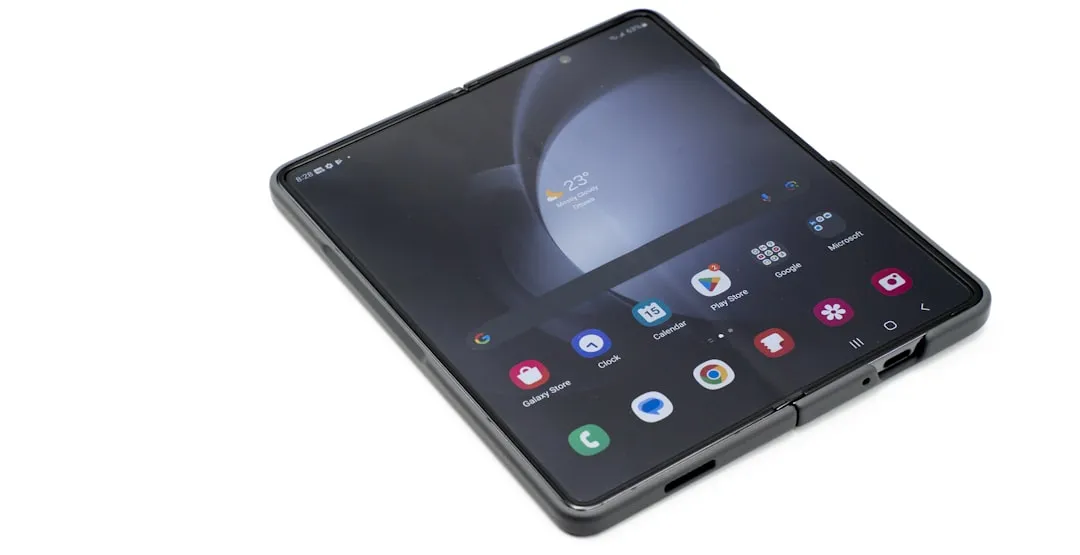

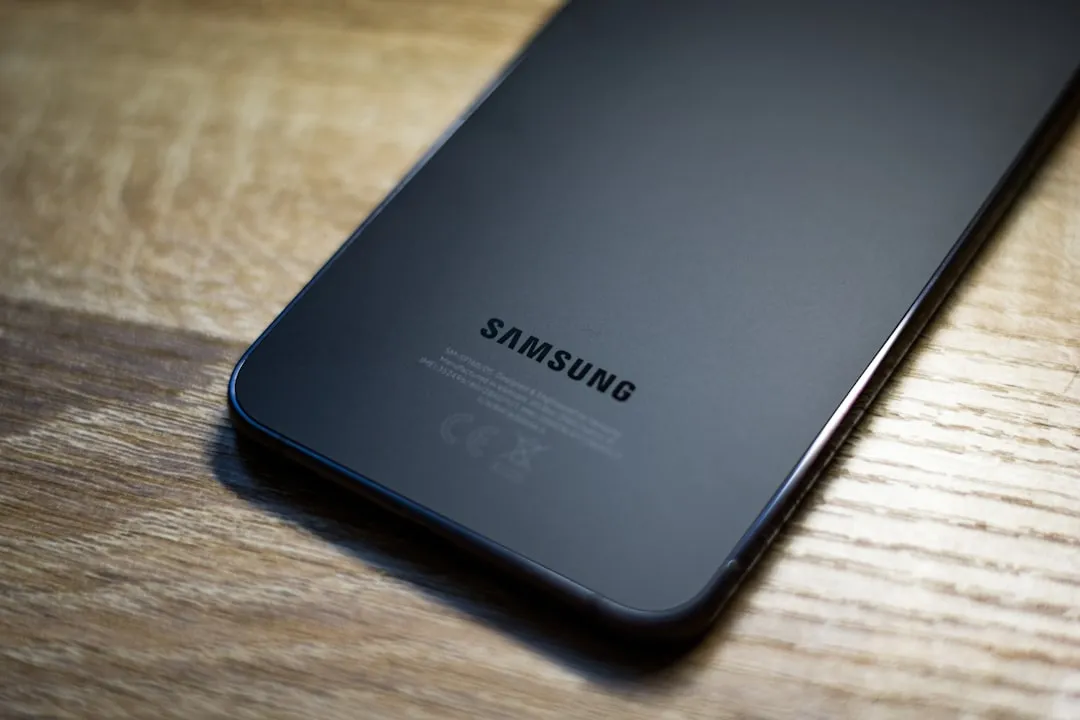

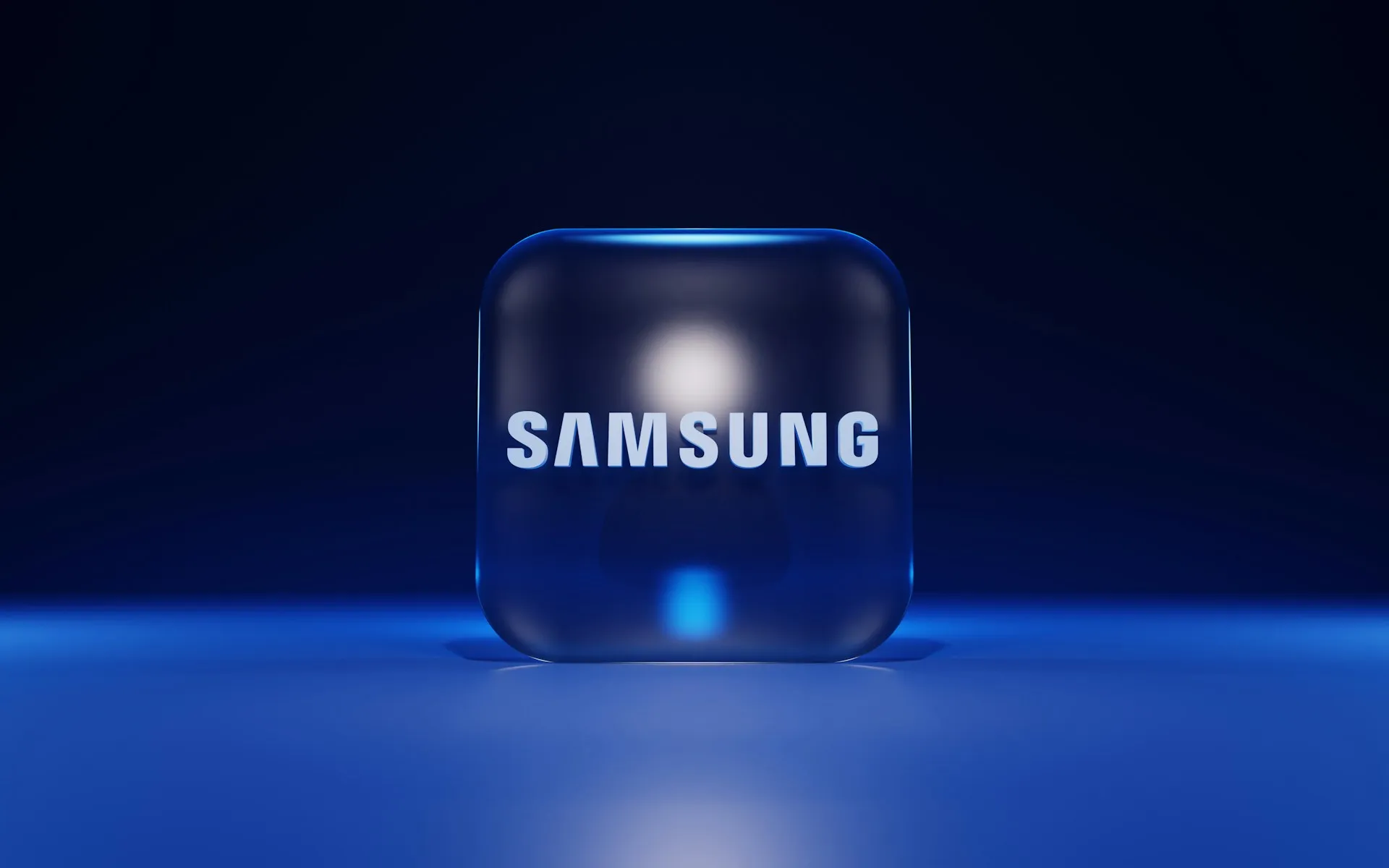


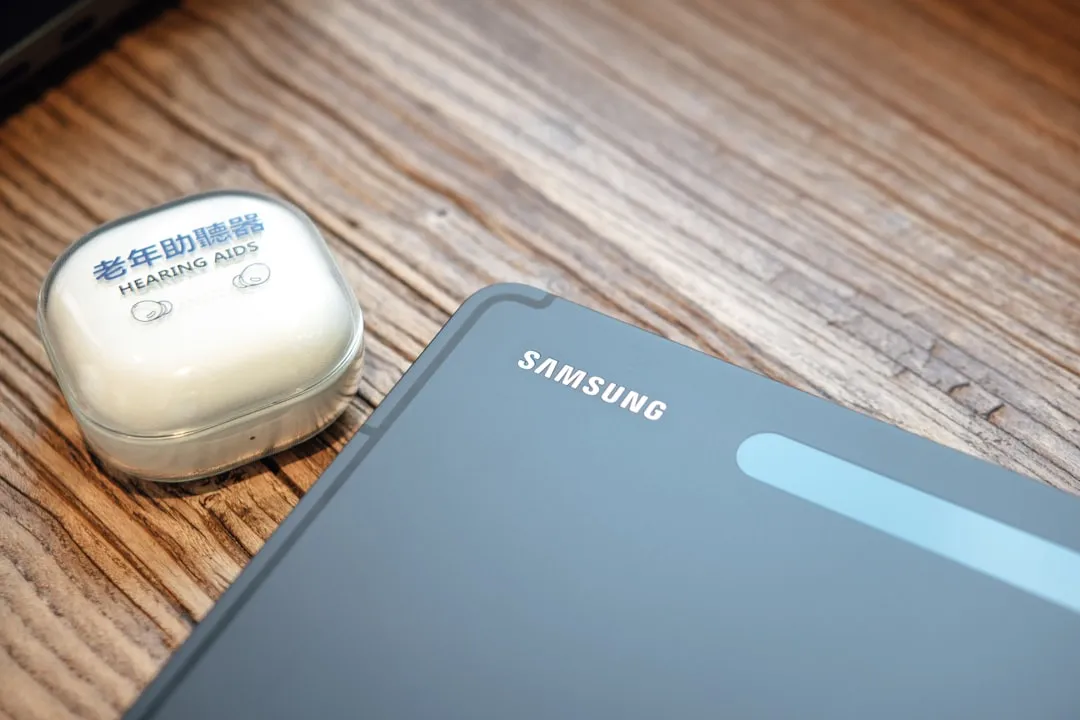
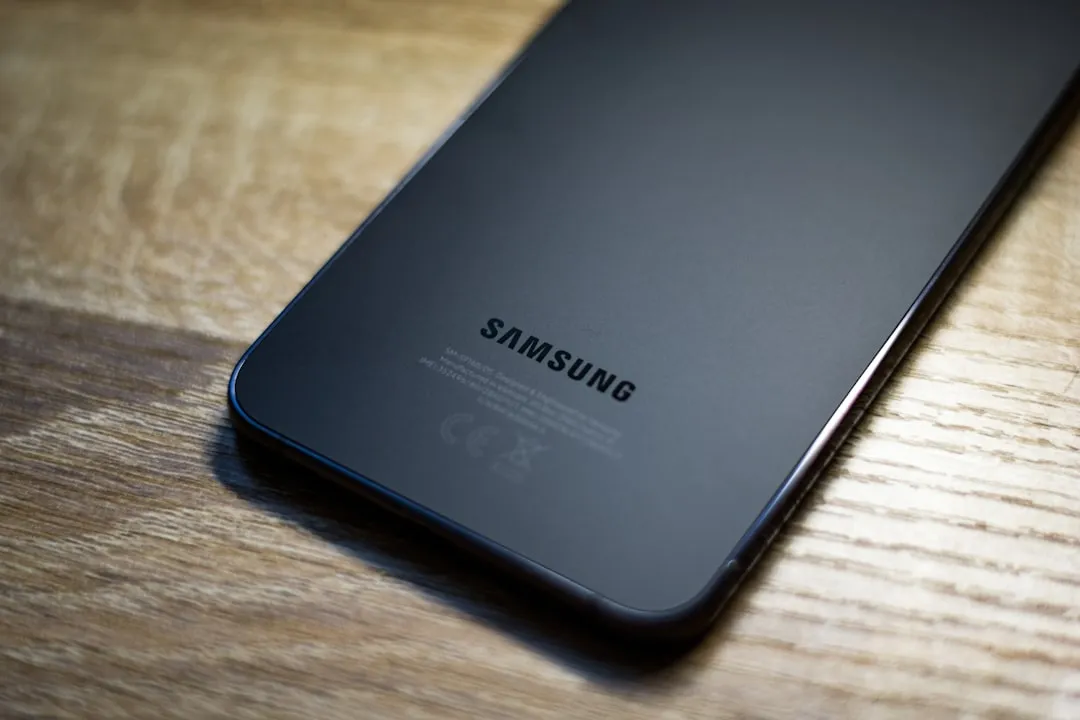



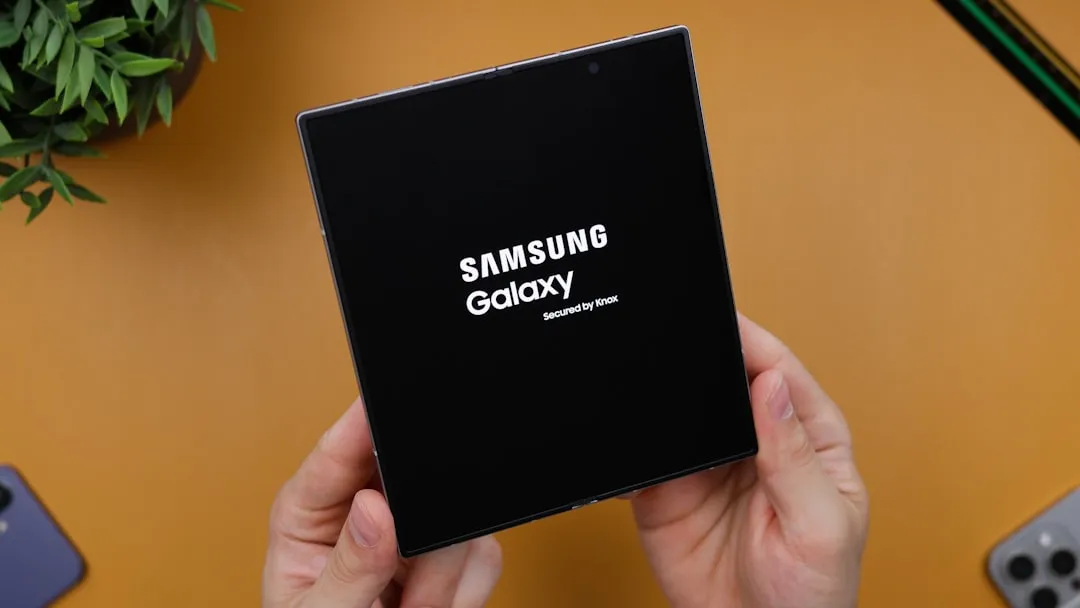
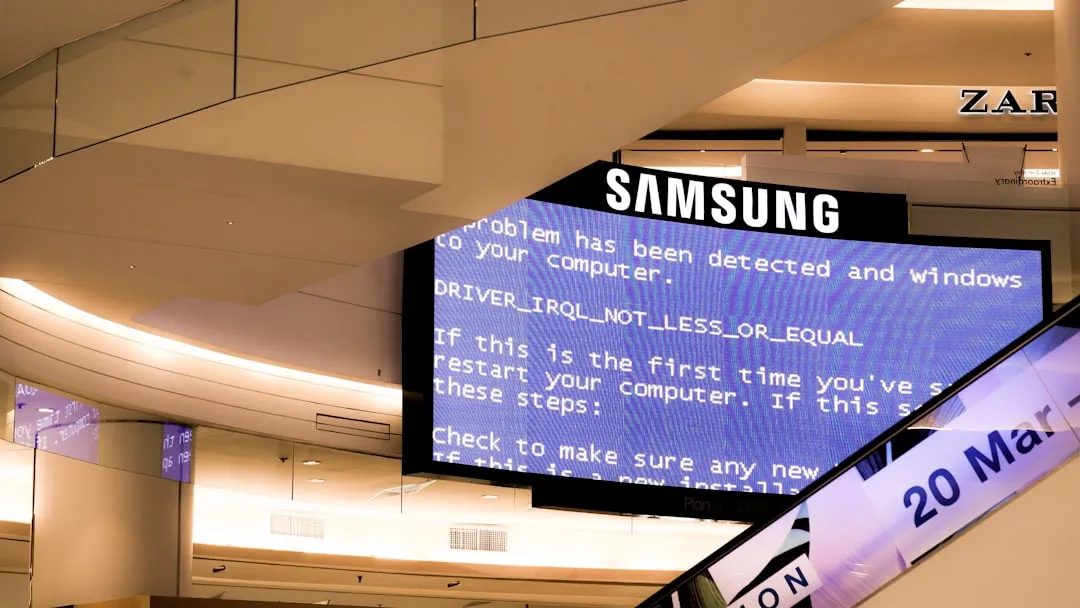
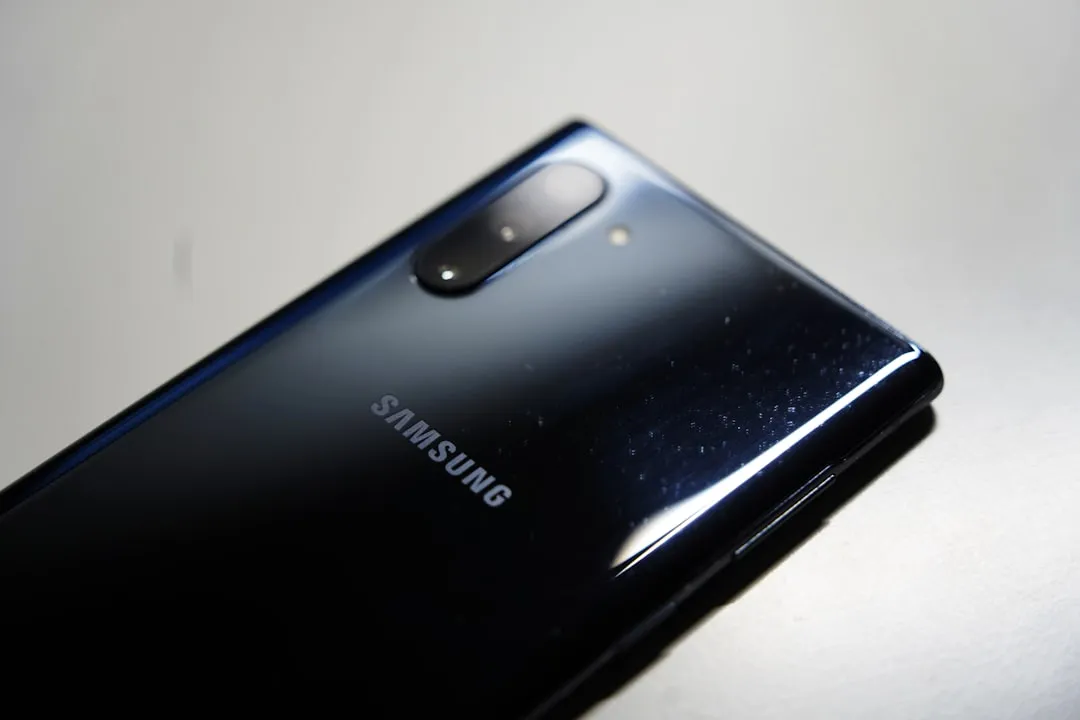
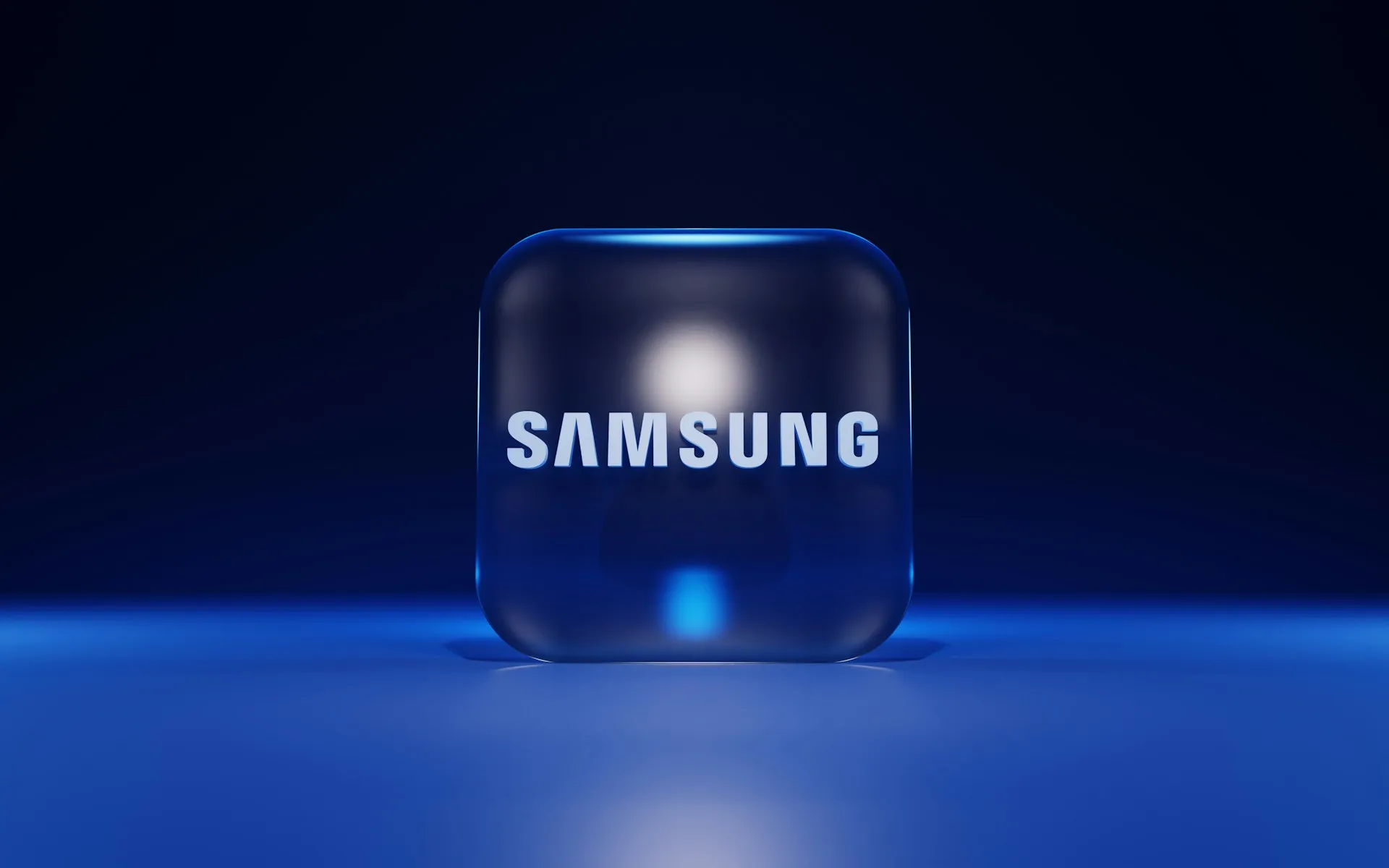
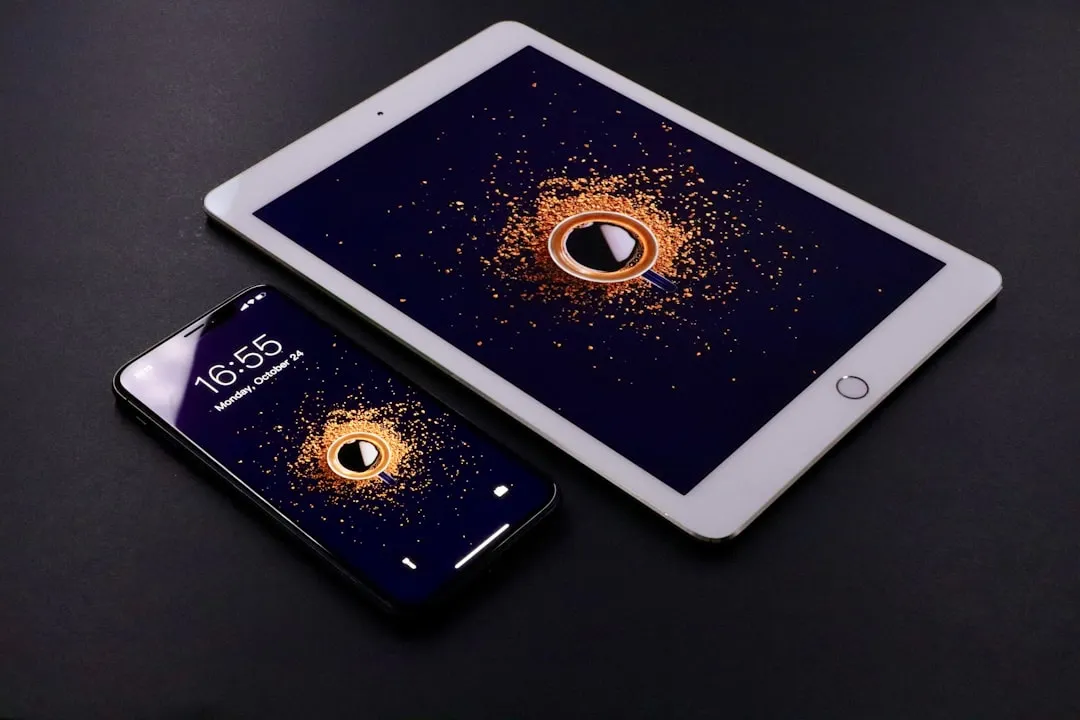
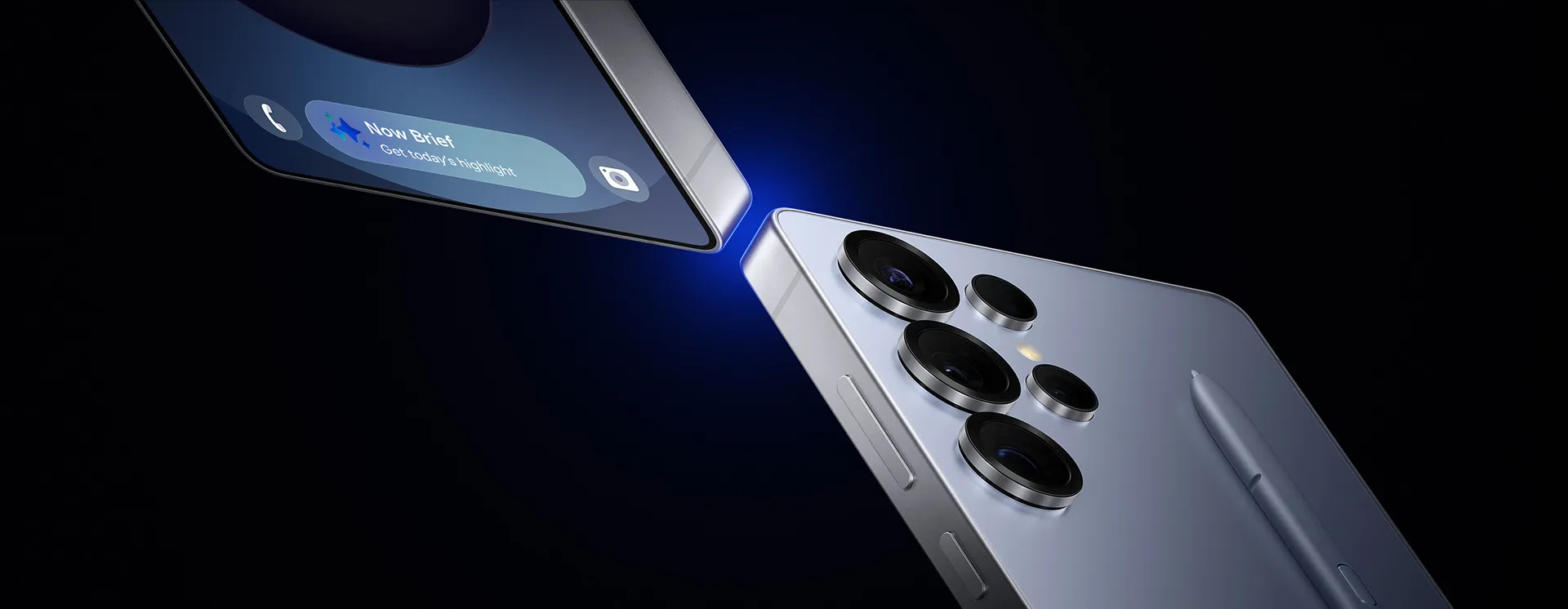

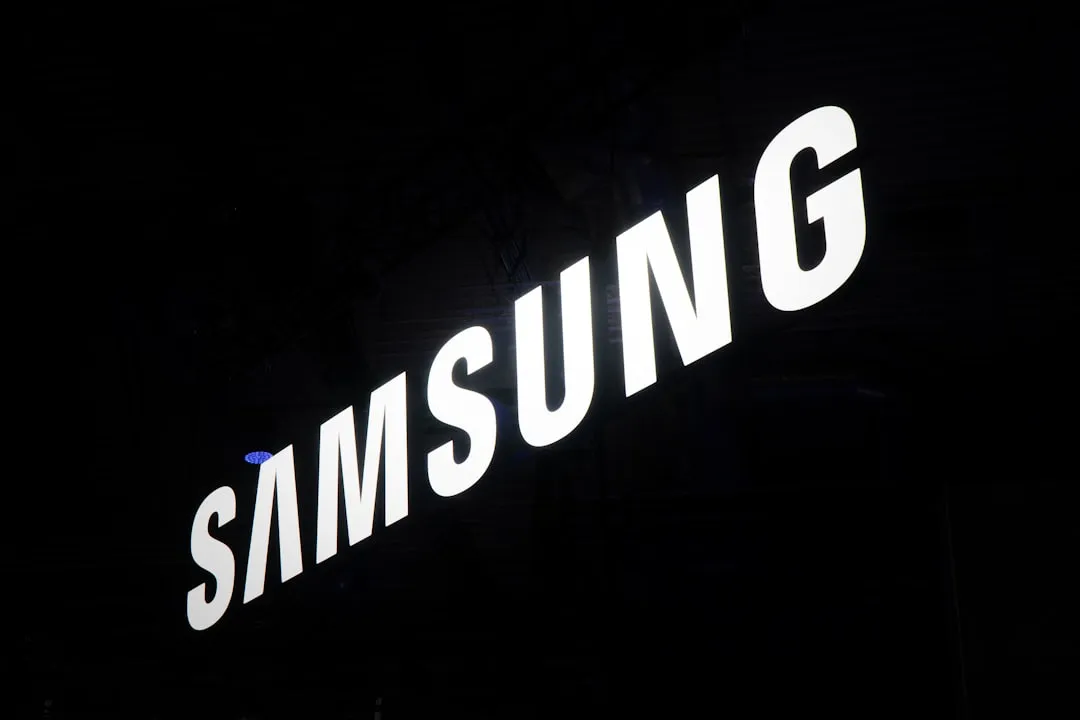

Comments
Be the first, drop a comment!